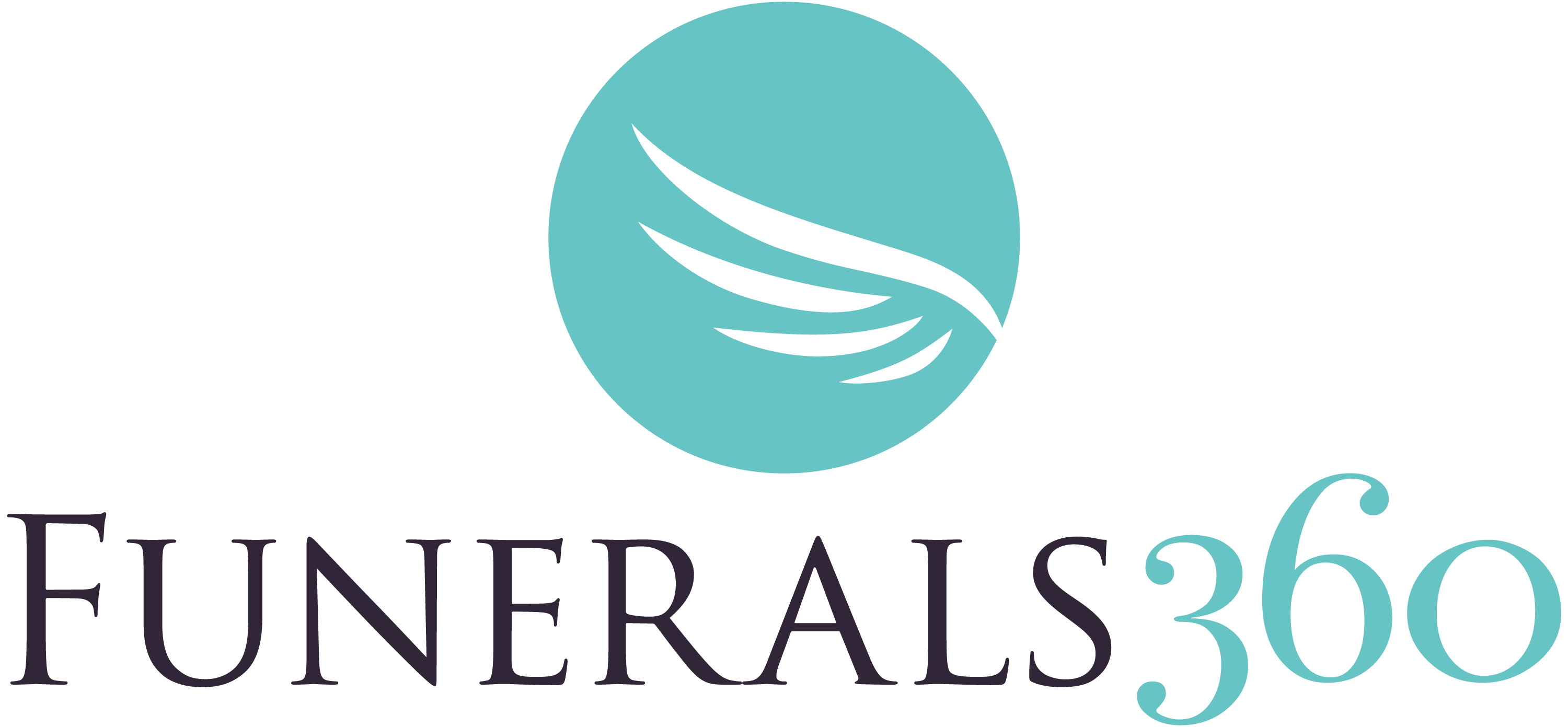When a loved one passes, grief can make any task seem overwhelming, let alone planning the funeral. However, armed with the right knowledge you can make confident and informed decisions. These simple steps can make the prospect of planning your loved one’s funeral much less daunting.
Step 1: Consult Your Loved One’s Will
If your loved one had a will, it is possible they have already made pre-arrangements for some aspects of the funeral. If he or she had special requests in mind you will want to be sure to honor them when planning the funeral.
Even if there is no will in place, there’s a chance the deceased may have documented their final wishes in some way. If there are other close family members or friends, ask around to find out if anyone has documentation of the decedent’s funeral preferences.
Step 2: Research Vendors
Next, you’ll need to select and contact any vendors who will be handling aspects of the funeral. This will vary depending on the type of services you are looking for--such as a “traditional” full-service funeral, cremation, or direct burial. You can use tools such as the Funerals360 Funeral Vendor Search Tool to find local vendors for whichever type of service you are searching for.
In many cases, you will be contacting local funeral homes. By law, a funeral home must provide you with an itemized General Price List (GPL) of all the services they offer. Be sure to request GPL’s the from several funeral homes to compare the prices for the services you want and choose a funeral home that best fits your needs.
Alternatively, Funerals360’s Premium Membership plan provides you with full access to funeral home general price lists and allows you to create custom funeral and cremation estimates and put together side-by-side comparisons of funeral prices all across the USA. If pricing isn’t yet available in your area, as a Premium member, you can place a request for pricing for up to 5 funeral homes and our team will do the leg work for you.
Step 3: Make the Arrangements
Once you’ve chosen a funeral home, schedule an arrangement conference. During “arrangements”, the funeral director will ask questions and help you explore your options. You should have a general idea of the services needed, but the funeral director will help ensure there’s nothing you’ve missed. This meeting will help you decide between burial and cremation, as well as the overall plan for the ceremony.
Step 4: Plan the Ceremony or Celebration
At this time, you will also want to:
-
Settle on a date and time for the events.
-
Determine where your loved one will be buried or scattered.
-
Choose and purchase an urn or casket from the funeral home, online, or local retailer.
-
Choose and purchase a headstone or other grave marker.
-
Provide the clothing you wish your loved one to be cremated or buried in.
You may also want to consider whether you need any of the following for a funeral ceremony, memorial service, or celebration of life:
-
An officiant other than the funeral home’s such as a member of clergy, a non-denominational celebrant, or a family member or friend.
-
A funeral car for the family to travel to/from the cemetery if your funeral home does not provide one.
-
Flowers and other decor.
-
A charity or fund for donations “in memory of”
-
Music, including arranging for any live performances you may want.
If you are working with a funeral director, they can assist you with many of these tasks.
Step 5: Determine Who Will Be Involved
After the ceremony is planned, you will need to choose and notify any pallbearers, readers, or other individuals who may participate in the funeral. Provide their names to be included in the program (if you have one), along with any personal elements you plan to include.
Step 6: Write the Obituary or Death Notice
Finally, you’ll need someone to write your loved one’s death notice or obituary. Often, a funeral home or local newspaper can give you a framework to work within and/or assist with the writing and publishing of an obituary or death notice if you provide the details about your loved one’s life.
If you wish to have a reception after the funeral, a location and refreshments for the reception are also usually planned at this time.
You might also want to create an online memorial in honor of your loved one and to share funeral or memorial details electronically.
Planning a funeral can seem like a huge undertaking, but these steps can help get you on the right track. Use the above tips, along with our free Funeral Planning Checklist, and work with your funeral director to ensure every aspect of your loved one’s funeral goes according to plan.





